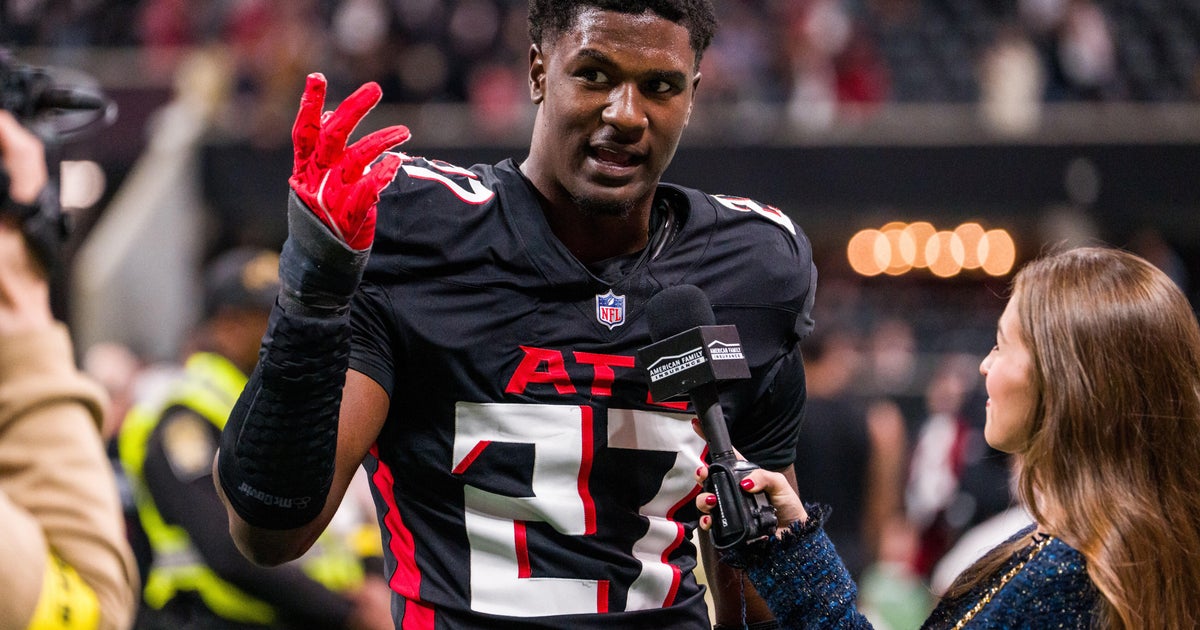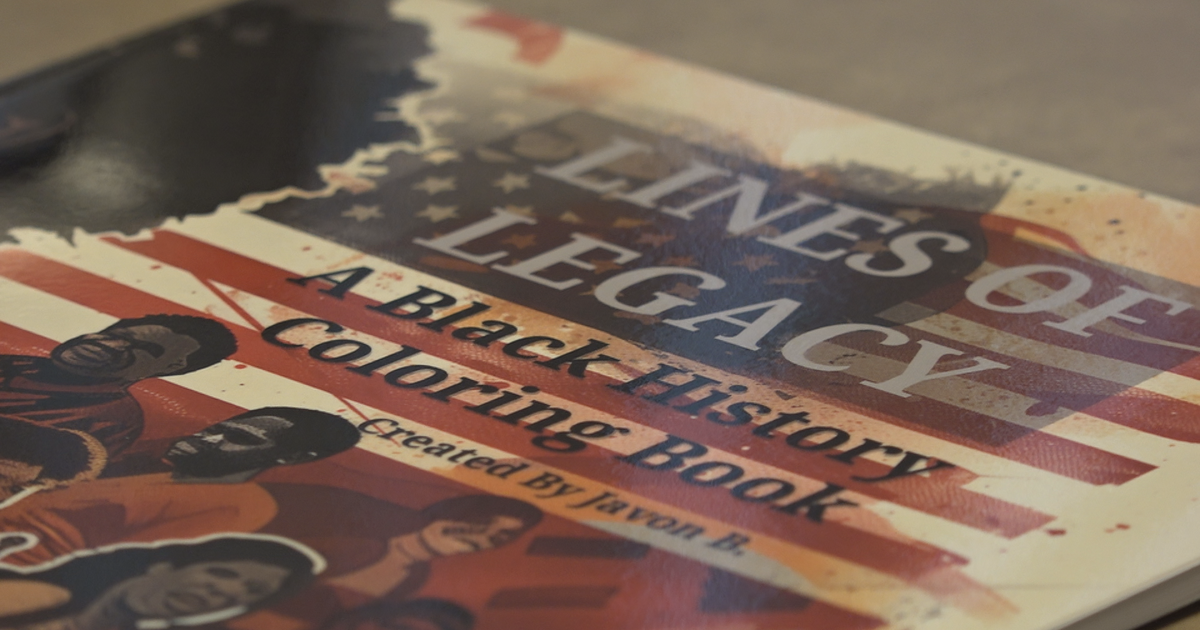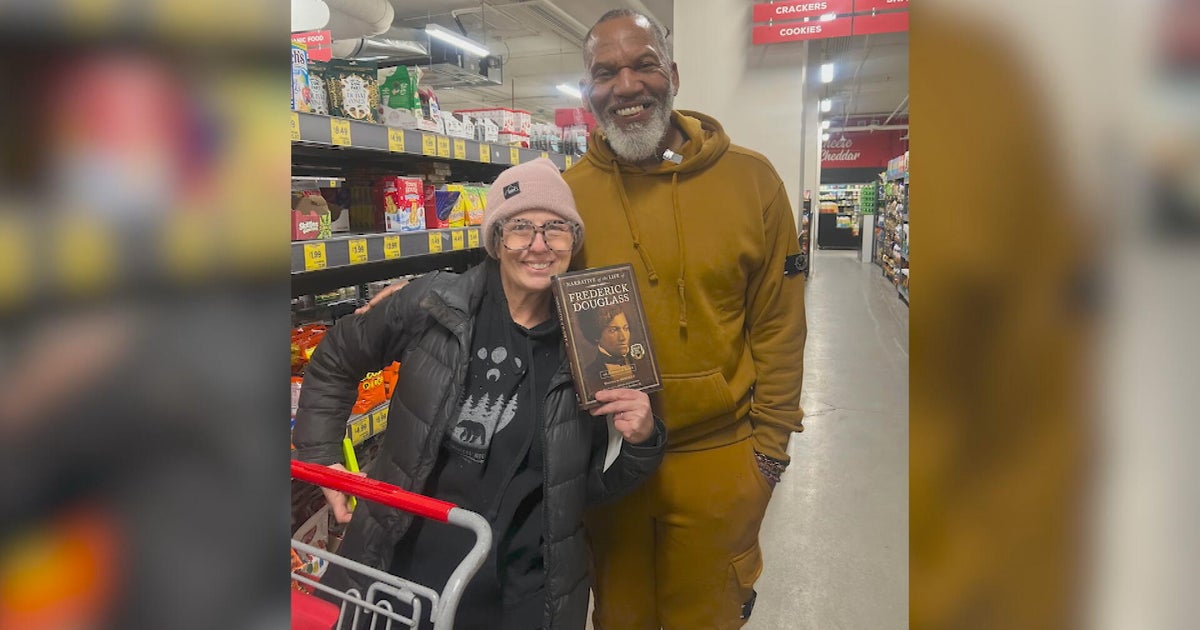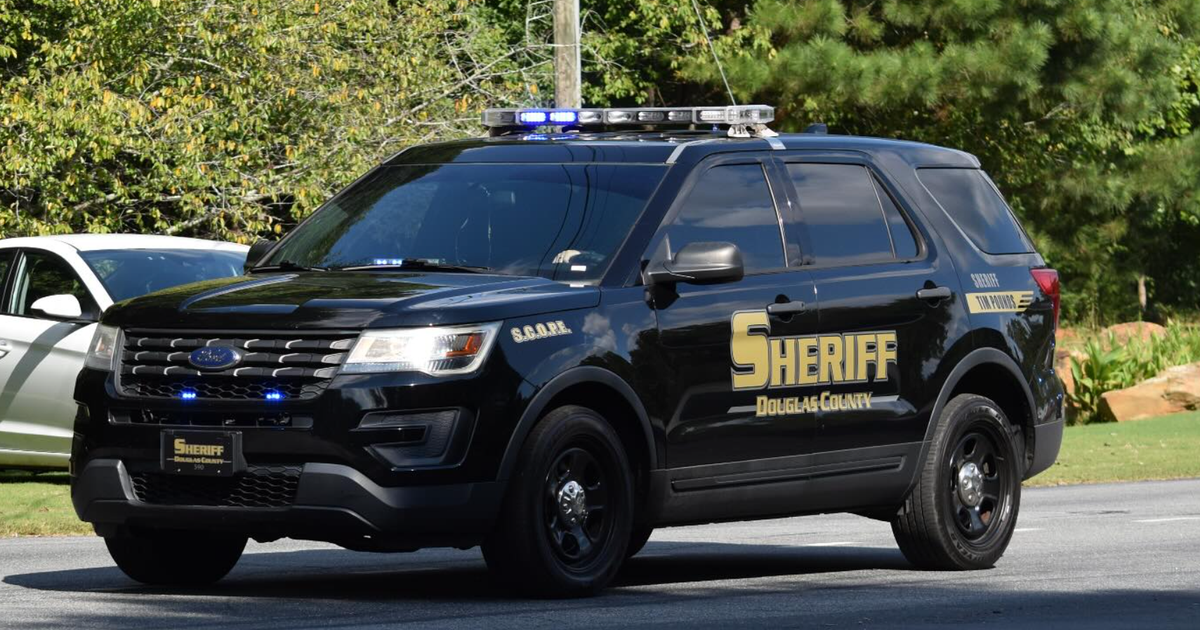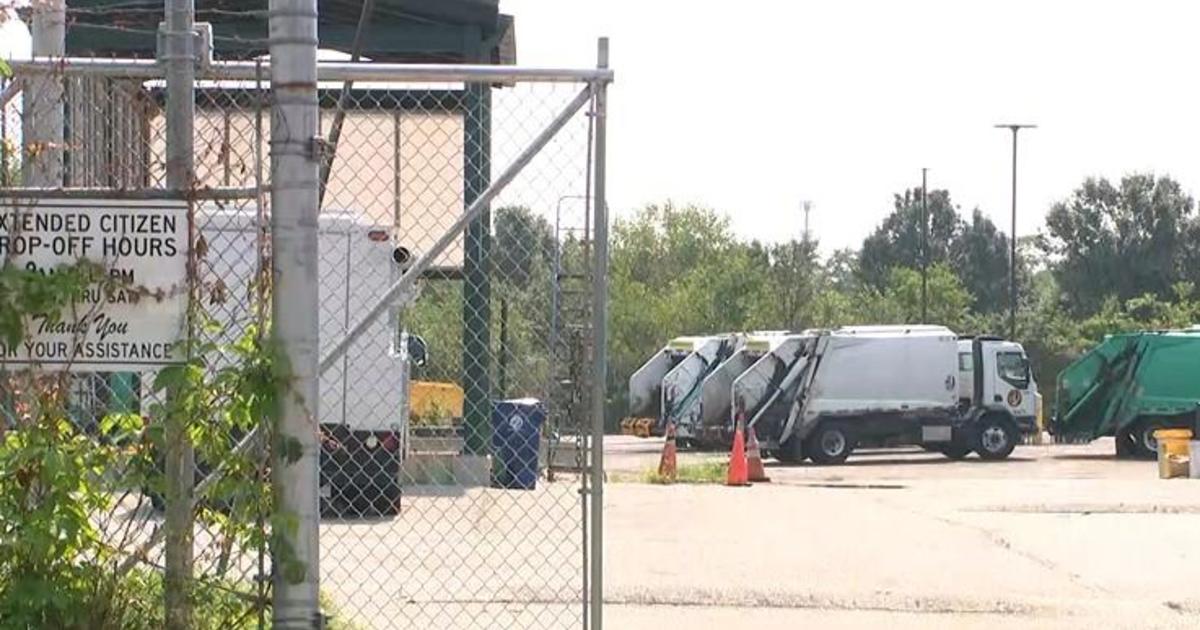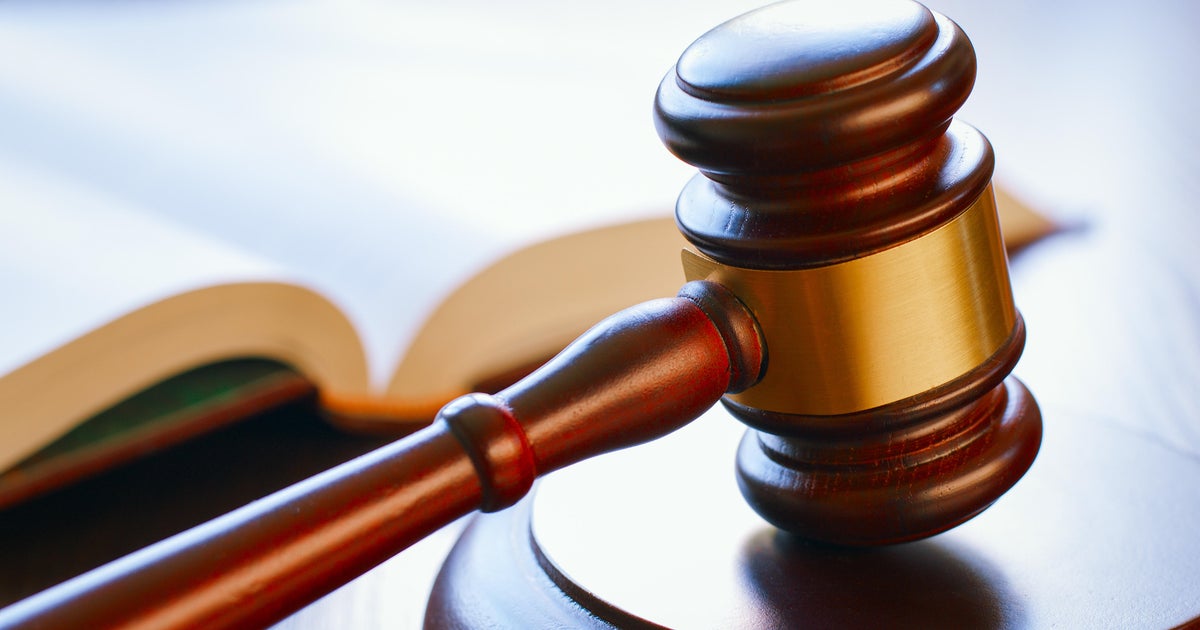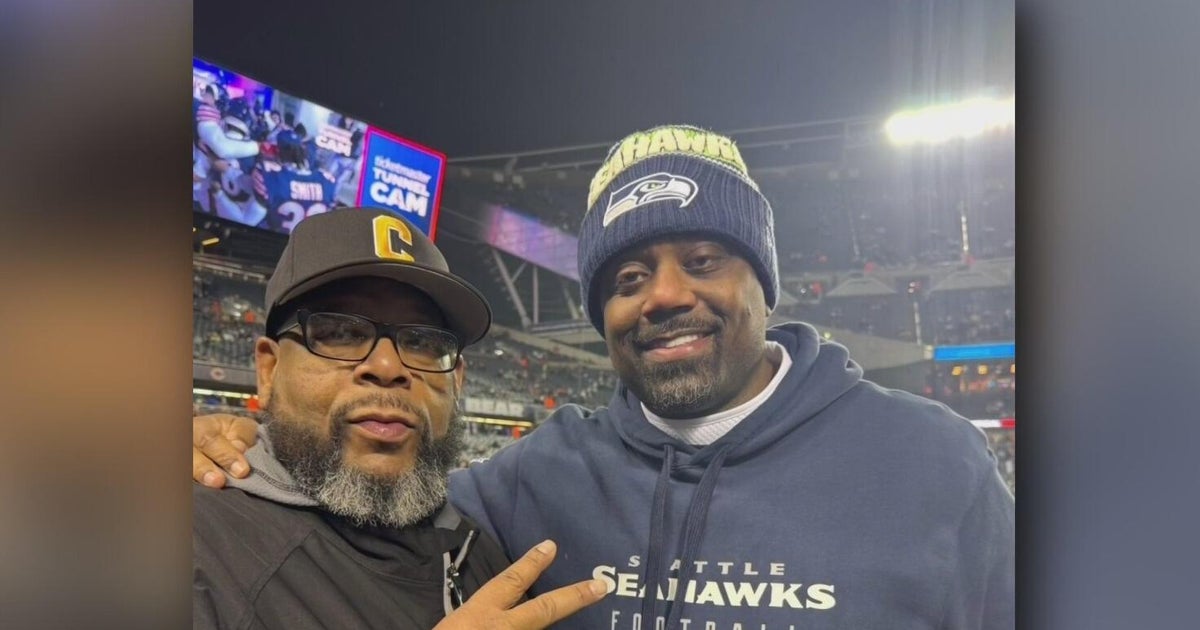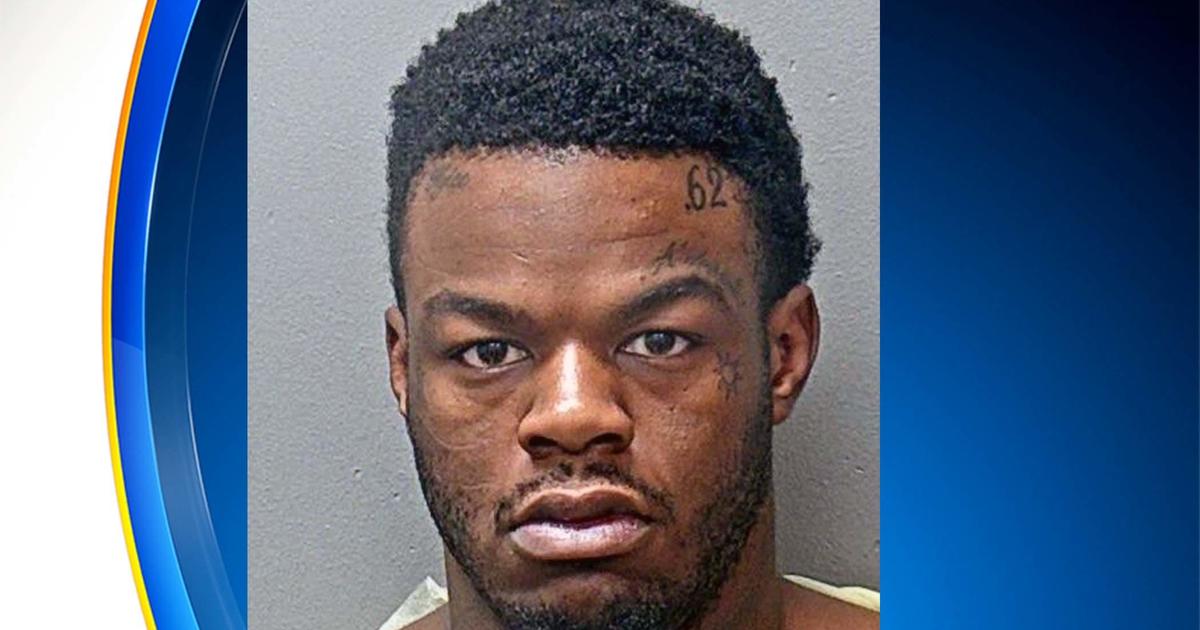Remembering Dr. Martin Luther King Jr. In Miami, 50 Years After His Assassination
Follow CBSMIAMI.COM: Facebook | Twitter
MIAMI (CBSMiami) – On the day Martin Luther King Jr. was assassinated in Memphis in 1968, Marvin Dunn was a 28-year-old grad student at the University of Tennessee in Knoxville.
"I was brought to tears and then anger," Dunn recalled. "I couldn't believe it. It was just absolutely beyond me, beyond most black people that he could be taken away from us. You get people like that once every century maybe who have that kind of power."
And his anger?
"My anger at that moment was against whites in general," he admitted. "I didn't have the capacity in that moment to focus it on the man who actually killed Dr King. That passed by the time of his funeral I think most of us had come to a softer realization."
"And as you know when King was killed we had riots all over the country," he continued. "I think that's partly what made a lot of us come back to realize that this is not the way King would have wanted us to react to his death."
In Miami, he said, there were demonstrations but no protest.
Dunn, a professor and historian, is the author of Black Miami in the Twentieth Century, the seminal work on black history in South Florida.
CBS4 News interviewed him at the Historic Hampton House, located in the Brownsville section of Miami, a place where black political leaders, athletes and entertainers often stayed.
The lobby of the now vacant hotel is filled with pictures the famous who stayed there. During segregation, black artists like Sammy Davis Jr. and Nat King Cole could play the lounges and clubs in the hotels on Miami Beach, but they weren't allowed to stay there.
Dunn said King loved visiting the Hampton House when he was in Miami. There is a famous picture of King waist-deep in the Hampton House pool.
"[King] stayed here at the Hampton House often," Dunn said. "He stayed at the Carver Hotel when he was in Miami. But mainly he stayed with friends. They said Dr King came here for the same reason most other folks come to Miami. They come to relax not to work."
But King gave several addresses in Miami. "He gave a speech and Greater Bethel AME Church in Overtown," Dunn said. "Hundreds of people, standing room only at that event."
In 1966, at the University of Miami, King spoke out on how segregation and poverty were tied.
"Poverty, ignorance and social isolation, economic deprivation breed crime whatever the racial group may be," King said. "And it is a torturous logic to use the tragic results of segregation as an argument for the continuation of it."
Dunn said poverty became a major concern for King.
"Near the end of his life, Dr. King realized that poverty was a scar on this nation that had to be healed and he spoke to it very forcibly," he said.
Dunn said King also spoke out on the brewing tensions between blacks and Cubans in Miami.
"He also reminded us here in Miami that Cubans and blacks should not be at each other's throats - that we needed to come together and he warned us that this was going to be a problem unless we addressed it directly," he said. "Dr. King saw, with the arrival of so many Cubans in a very short period of time, and given the poverty in Miami and Dade County that blacks were suffering there was going to be competition, there was going to be friction and he advised us, and warned us against that."
Fifty years after King's assassination Dunn said it is clear the dream King envisioned still eludes us.
"We have a long way to go. Dr. King's legacy has not been realized," he said. "King was right about one thing this is a country that is committed to the right moral principles and eventually we would get to that promised land."
